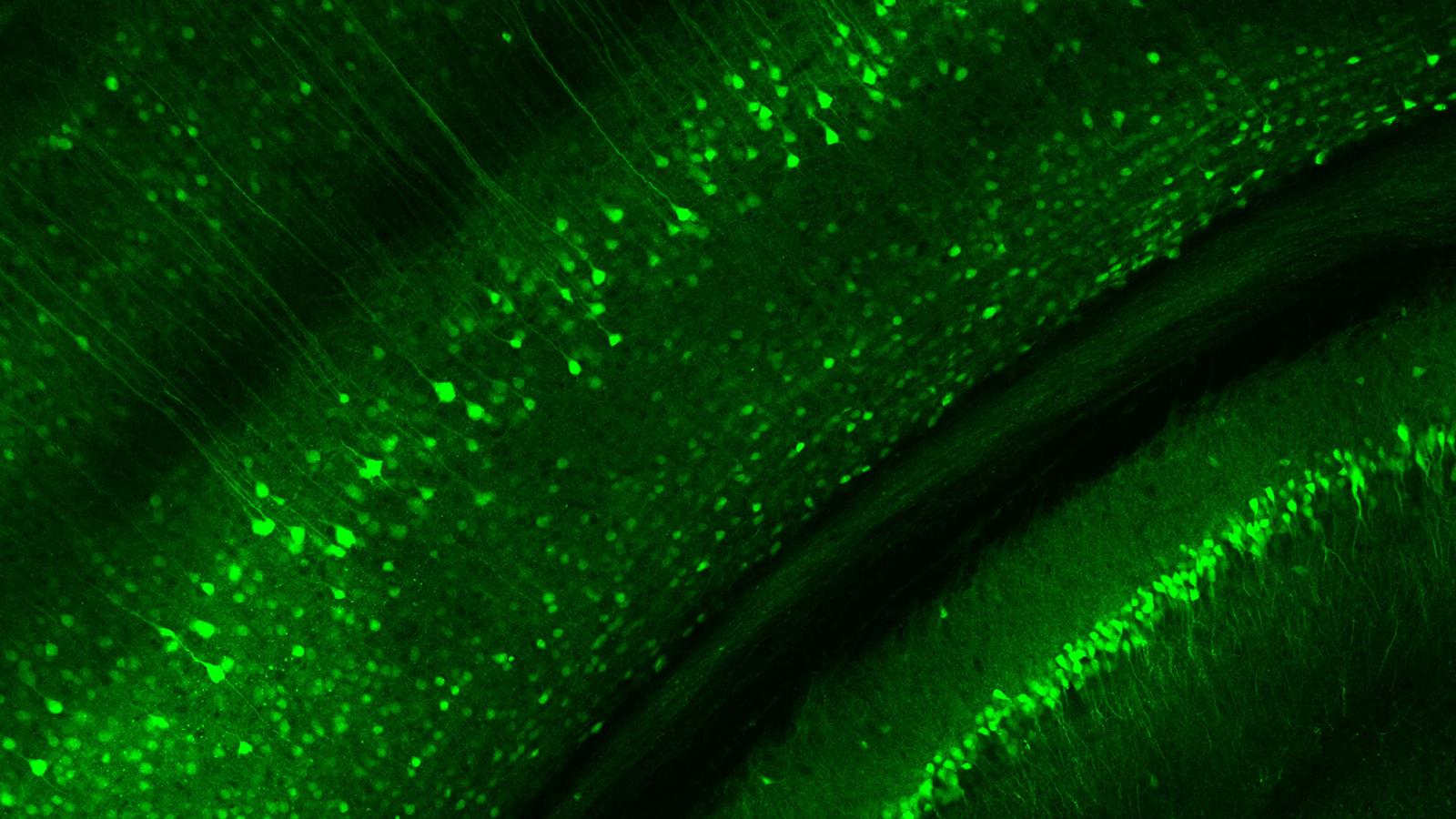Guest blog from Julie Bouvier, work experience student at UK DRI at Imperial.
At the beginning of July 2019, I was very fortunate to spend two weeks working on a project at the UK DRI at Imperial. Currently I am an A level student studying Biology, Chemistry, Maths and Spanish and I hope to study Biological Sciences at university. As I am so keen to study Biology, finding an opportunity that allows me to learn about the world of biology and research is extremely valuable.
In addition, my specific interest in dementia and dementia research also comes through my godmother, whose mother suffers from FTD. Over the years, I heard a lot about her work in raising awareness about dementia, the world of dementia research, and the big challenges families and organisations face every day. When I became so interested in biology, my godmother brought me on several lab tours at UK DRI institutions and the research greatly impressed me. I was thrilled to find the opportunity to spend more time at Imperial in Sam Barnes’ lab this summer.
I spent my time working on the initial analysis of micrographs of the hippocampus’ of mice. The aim was to measure each mouse's brain activity using the different intensities of stains used on the micrographs. As I understood, studying mice brains in brain research is an important stepping stone to finding answers and solutions for human brain conditions. Together with another university student, we were given about ten files, corresponding to ten mice and were not told the ages or whether they had taken part in the experiment to avoid bias. Experiencing first hand the structure of such a research project from lab work to analysis to interpretation was really unique. It became very clear to me how important not only the lab work itself was, but equally the ability to process and interpret the results correctly.
Being exposed to both the academic and personal aspects of dementia added another dimension to my time at the UK DRI lab. Sam Barnes and his team were extremely welcoming and they had really set up a way for me to contribute to the project in just two weeks.
Altogether, this was a fantastic experience.
Image credit: Lab of Dr Sam Barnes - Dr Carola Radulescu, Dr Nawal Zabouri, Dr Leire Melgosa, Dr Shinil Raina
